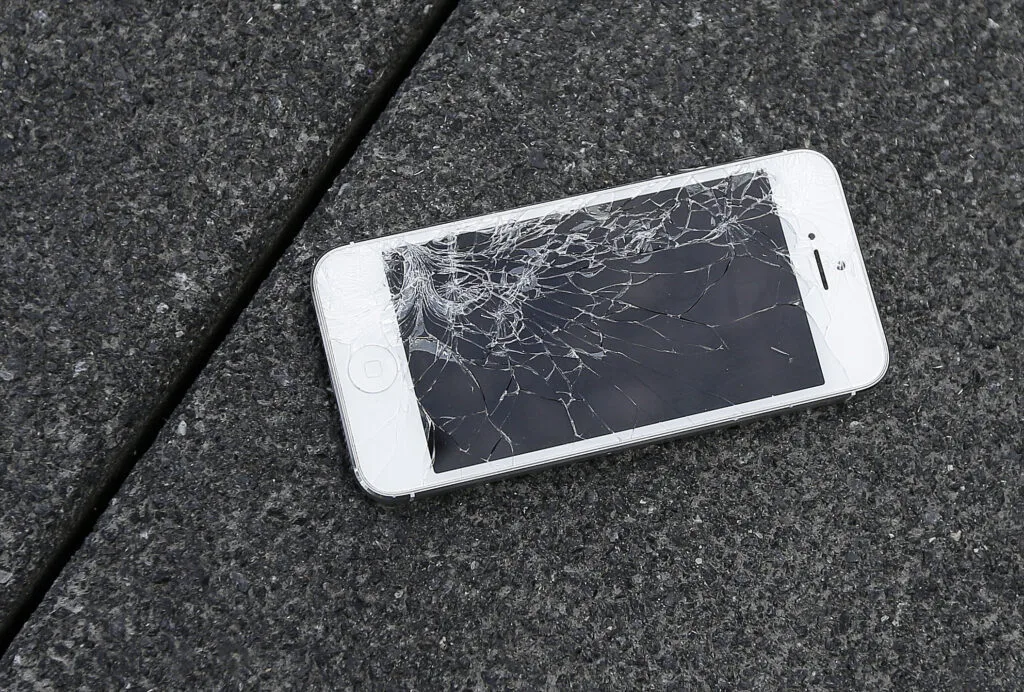Colorado enacts right-to-repair law banning restrictions on parts pairing, mirroring Oregon's ban
Colorado enacts right-to-repair law banning restrictions on parts pairing, mirroring Oregon's ban

The policy puts Colorado at the forefront of a movement to give consumers more control over the devices they own.

Summary:
- Colorado's new right-to-repair law allows residents to repair their cell phones, computers, and other devices.
- The law requires manufacturers like Samsung and Apple to provide documentation, software, and tools to device owners and independent repair shops at the same prices as authorized repair providers.
- The law prohibits manufacturers from restricting replacement parts and displaying misleading alerts about parts.
- The law passed on partisan lines, with Democrats in support and Republicans opposed, and will take effect on Jan. 1, 2026.
- Exemptions to the law include video game consoles, medical devices, electric car chargers, and more.
- Opponents of the law argue it could pose security risks and impact device reliability, while supporters believe it promotes consumer choice and reduces electronic waste.